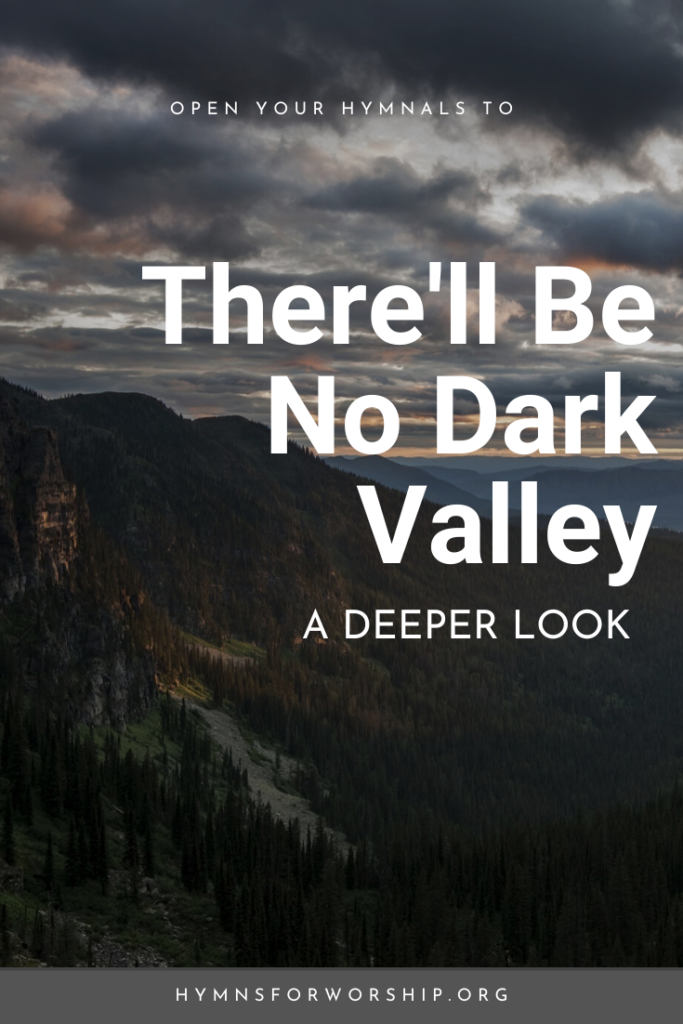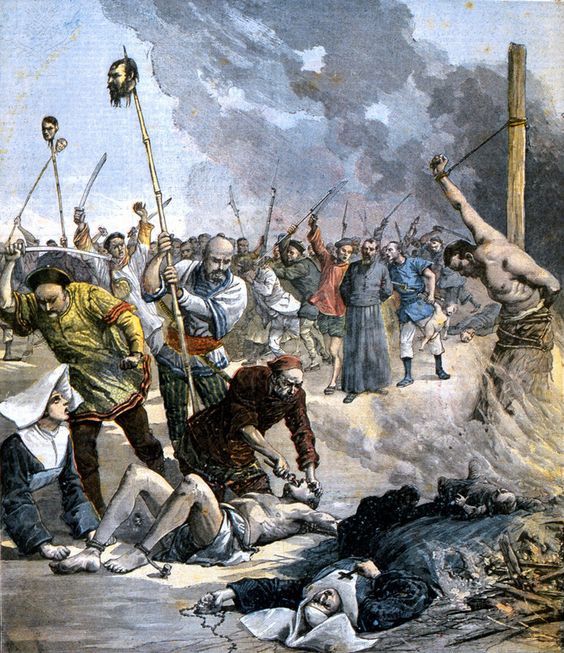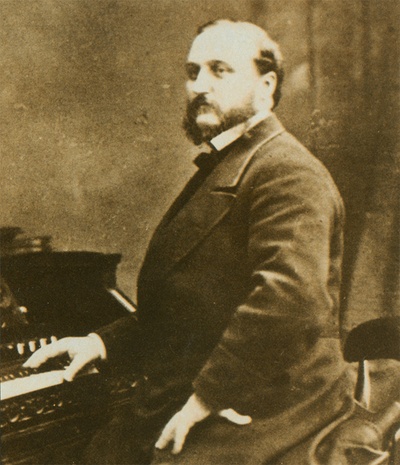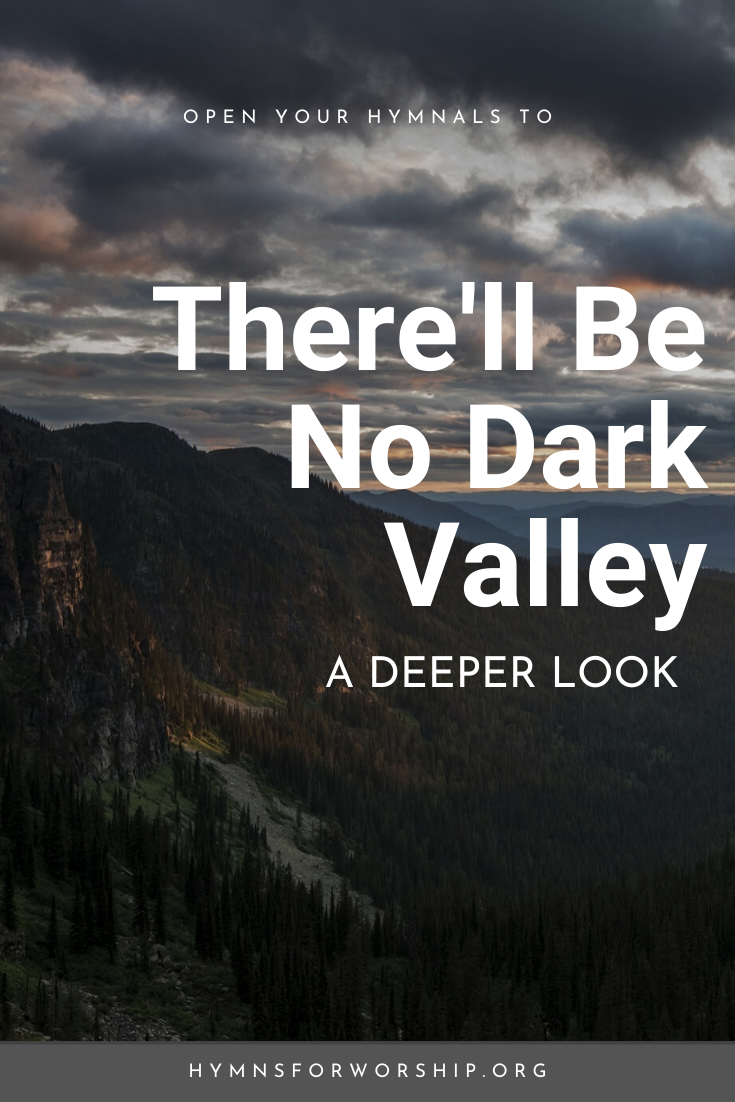
The period between 1899 and 1901 was a dark history for Christians in China. A movement called “The Boxer Rebellion” took the life of many people, especially those who were associated with Western ideas of colonialism and the religious missionary activities that were associated with it.
“They have eaten the foreigner’s medicine”
This rebellion was described to be a most “violent anti-foreign, anti-colonial and anti-Christian uprising,” in that a total of 136 Protestant missionaries and 53 children, 47 Catholic priests and nuns. 30,000 Chinese Catholics, 2,000 Chinese Protestants, and 200 to 400 of the 700 Russian Orthodox Christians in Beijing were estimated to have been killed.
Many were gutted, brained, ravished, seized or beaten to death. Yet reports were given that while these Chinese Christians were under persecution, many of them sang hymns and offered prayers to God. Even the children were found faithful in that it was described, “during the scream of deadly bullets, and the roar of burning buildings, the voices of the Junior Christian Endeavour Society were heard singing, ”There’ll be no dark valley when Jesus comes.”

Stories were told that even after they died, the Boxers would cut out the hearts of their victims to try to find what was the secret of their passion for Christ. Of which after they have done so, they would only declare, “They have eaten the foreigner’s medicine.”
This story reached music evangelist, Ira Sankey, part-writer and composer of the hymn “There’ll Be No Dark Valley,” who then took the opportunity to share at great lengths how powerful a hymn can be in his book, My Life and the Story of the Gospel Hymns.
Recommended reading: New Forces in Old China by Arthur Brown
“I am afraid that boy will never amount to anything”

Ira David Sankey was born August 28, 1840, in Edinburgh, Pennsylvania. He was converted at the age of 16 as a result of attending revival meetings, and his new life in Christ proved to be busier than usual. He became the superintendent of the Methodist Sunday School. And because he had a knack for music, he also became the choir leader and organist of the church.
His interest in church music did not impress his father, who was a president of a bank at that time. With disdain, he exclaimed to his wife about Ira, “I am afraid that boy will never amount to anything; all he does is run about the country with a hymn book under his arm.”
Wherever Ira was found, music abounded. When he enlisted for the Union Army, he did not only do his duties there as a soldier, he also organized a male chorus. After his term in the army, he assisted his father who was appointed by Abraham Lincoln by that time to be a collector of internal revenue. He was also active at the local YMCA and when his very own Gospel Hymns was published, he donated a significant amount to this organization.
Sankey-Moody: a formidable team during the Third Great Awakening
Dwight L. Moody, considered to be one of the great evangelists during his time was looking for a song leader for his series of revivals. While attending a convention in Indianapolis, his attention was riveted to the young man who led the song service.
Later on, when he was introduced to Ira, his first words were, “Where are you from? Are you married? What is your business?” To this Ira replied that he was from Pennsylvania, married with two kids and that he worked for the government.
Moody, determined to hire Ira, abruptly interjected, “You will have to give that up! I have been looking for you for the last eight years. You must come to Chicago and assist me in my work.”
That conversation was the beginning of the Sankey-Moody team, a household name that had always been associated with the Third Great Awakening, a series of great revivals that swept America from 1850s to the early 20th century.
Recommended Reading: Gospel Music — Evangelists and Their Song Leaders
“…blessings I have received from singing your songs”
It was not only in China that this hymn found a warm welcome. In Ireland, a missionary working with the slums of the city wrote to Ira,
I want to thank you in particular for this song, because it presents death to us in such a glorious way. The old Welsh people used to speak and sing of death as something very fearful–a dark river, great waves, and so on. And I remember my dear mother singing all the Welsh hymns referring to death, until I shuddered. But, praise the Lord, I know now that it is different. Your little song has confirmed this belief in me not only, but in many, many more souls.
In Sankey’s biography, he admitted that the particular line “There’ll be no dark valley when Jesus comes,” did not come from him. William Orcutt Cushing, a reverend from Massachusetts sent him the poem and that one line became a basis for Sankey to write the rest of the stanzas.
Related Post: Christians Are Christ’s Jewels (The Story of William Orcutt Cushing)
The style of writing he employed was by a repetition of one idea, with a syncopated rhythm while the tune was very much akin to the Americana spiritual and folk song. Here’s a recording of Ira Sankey himself, singing the beloved hymn.
Adventists were first introduced to this hymn in F.E. Belden’s Christ in Song. It is still considered to be a favorite among church members and is placed among the Second Advent hymns in the 1985 SDA Hymnal. Here’s a wonderful rendition by the Andrews University Singers.
Like this story? Share it!

